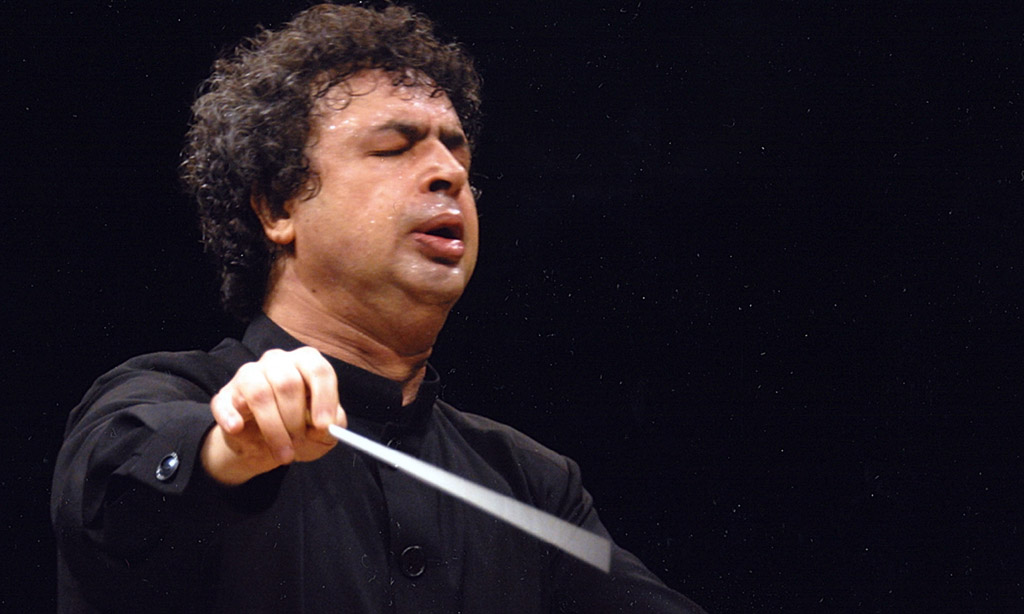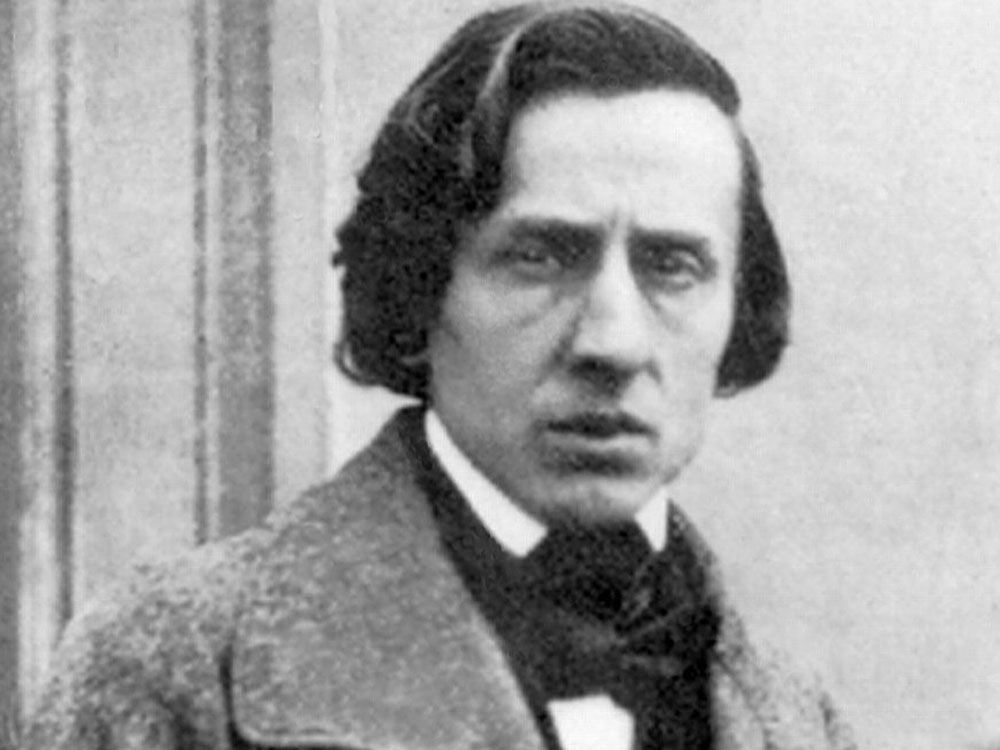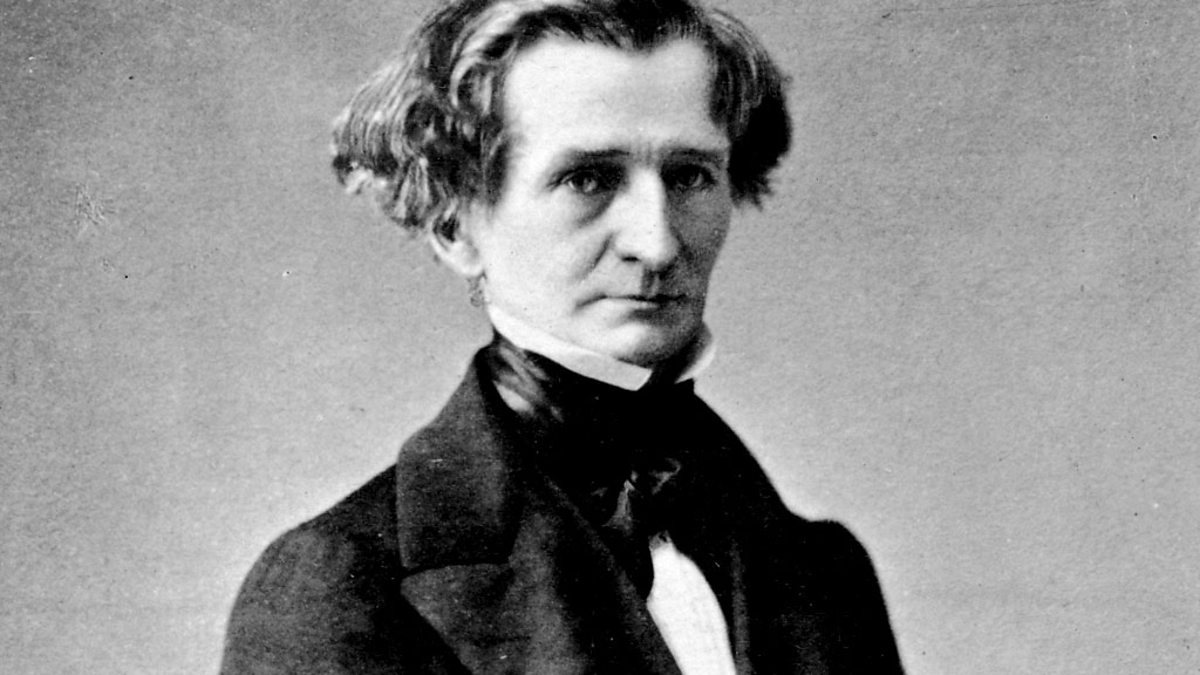Semyon Bychkov on “The Tchaikovsky Project”
This weekend, Russian conductor Semyon Bychkov leads the New York Philharmonic in a festival called Beloved Friend: Tchaikovsky and His World. It’s a small piece of The Tchaikovsky Project, which includes a cycle of recordings, released on the Decca label, featuring Bychkov and the Czech Philharmonic. In a recent interview, Bychkov talked about the project with Richmond Public Radio’s Mike Goldberg. Released in October, The Tchaikovsky Project’s first recording begins at the end of the composer’s output with …







